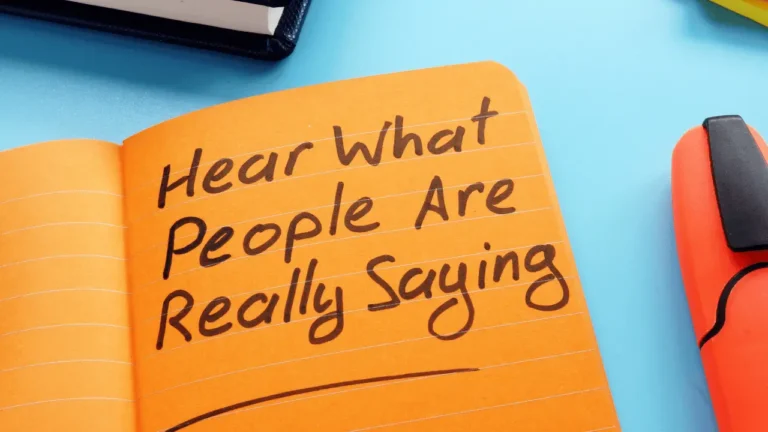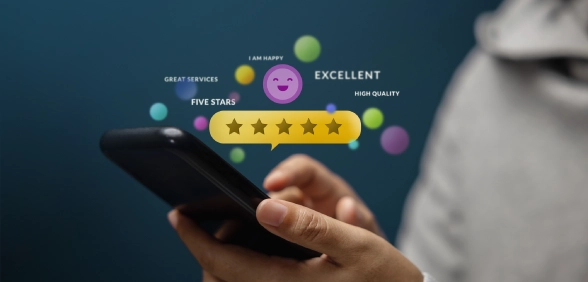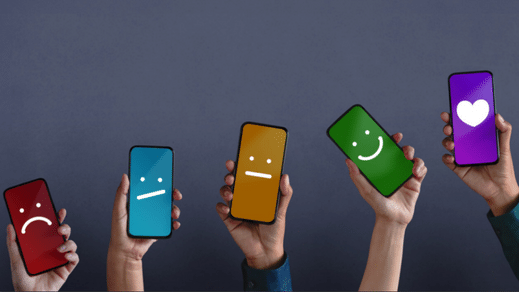The Vision
Imagine a world where you as a customer own the data that you generate.
Everything from your digital identity, what you search for, what you post, what you “like”, what you consume, how you interact with others, to where you have been. Your digital footprint.
And where you as a customer, can grant or revoke access to your personal information to a given brand or entity as you see fit.
This is the vision (in fact, one of multiple visions) that blockchain technology offers.
What is blockchain?
You are more likely to have heard of Bitcoin than blockchain.
Blockchain technology is the infrastructure that forms the underpinning ledger of the Bitcoin crypto-currency, a technological feat in its own right and currently surging in valuation.
“A blockchain is a continuously growing list of records, called blocks, which are linked and secured using cryptography. Each block contains a hash pointer as a link to a previous block timestamp and transaction data. By design, blockchains are inherently resistant to the modification of the data. A blockchain can serve as an open, distributed ledger that can record transactions between two parties efficiently and in a verifiable and permanent way.” Source: Wikipedia
Fundamentally, blockchain allows for a democratic revolution in trust by enabling a decentralized peer-to-peer database, in which cryptography is used to validate transactions. Until blockchain, we’ve relied on centralized authorities such as credit card companies and banks to validate and back transactions. It also provides a platform (in the case of Ethereum for example) to build applications on and to incorporate “smart contracts”.
Confused? Well before we dragged down a rabbit hole (as I have for the past few months) – blockchain technology answers some fundamental questions about digital identity (how do I know who I am dealing with online) and managed transparency (all users can inspect, no single user controls). Bottom line for our purposes: block chain is a trust machine.
With your marketing hat on, the interesting thing to then contemplate is, what are the consequences of this vision?
The brave new world for customers
This brave new world for consumers looks very empowering. Many consumers are very concerned about data privacy and so they should be (Equifax). You do wonder of course, whether this is enough to overcome the digital convenience and inertia of current habits. Particularly for millennials.
However, couple these concerns about data privacy with the ability to monetise your data with brands that you trust and this just might be a tipping point. Particularly if you make the experience as frictionless as possible.
In this brave new world, consumers do not need to know about blockchain technology (just as they did not need to know about the inner workings of the internet), they just need to know and experience the system as being secure – more secure than the current system. And that they can be in control of their own data should they choose to be.
If these basics of data privacy & monetisation can be achieved, a virtuous cycle can established whereby you, as a consumer:
- Provide data access to a brand that you trust for value (digital currency) exchange
- The brand authentically adds value through the use of this data
- You provide more data access to the brand where you feel there is net benefit (from currency & brand value)
And this is just the transactional view.
In a blockchain world, the privileges are not just access and token value appreciation (economic privileges) but community (social privileges) and alignment with core beliefs. To have the privileges of the network, you must be a member.
The privileges of “community” and “belief & values alignment” should not be underestimated. They have the power to tap into deeper emotional drivers.
The brave new world for brands
This brave new world is also turned on its head for brands.
Rather than going to Google (for your search data), Facebook (for your social activity) and Amazon (for your product purchases) – the brand comes to the user for their information. Customer data is no longer monopolised by the likes of Google, Facebook and Amazon.
With blockchain, the brand can decide how much a customer’s attention or data is worth and initiate a transaction for payment in the form of a crypto-currency, like the Bitcoin. Sophisticated micropayment, smart contracts and governance structures will determine pricing. This will all need to happen seamlessly (at the level of software code).
For the brand, acquiring data in the blockchain world means building trust in identity. I can now be quite sure that Suzie25 and SCaldwell@gmail are the same person who made a purchase through my point of sale system using credit card xxx. Third-party marketing data will be verifiable for integrity and by time stamp. And greater confidence in the veracity of customer insights will be built.
On the other hand, in this transparent world brands will have to work harder at building trust and adding value. Obtaining perpetual access to customer data will be more difficult and cannot be taken for granted.
According to Edelman’s Trust Barometer 2017, businesses are on the brink of distrust.
And customers are setting the bar higher. Empowered customers are increasingly unwilling to give corporations a free pass on societal issues, expect them to have values and will patronize those values that best align with their own”. (Fortune: Donald Trump is Dragging Brands into Politics)
The challenge for brands will be to create, amplify and add value to “brand communities” or sub-cultures online.
Jeremy Epstein summarises it well: “A brand of the future, by whatever definition you choose, will need to do three things well:
- Deliver unquestioned trust via block-chain based proofs
- Inspire belief in the core vision and mission
- Create circular economies of value around the vision and mission”
Brave new world for service providers
The reality for all of us providing services is that blockchain has the ability to eliminate or shine a light on any “middleman” or third party service. This of course is both a massive opportunity and massive threat but if you are confident in your service integrity and have prepared for this brave new world you should have no fear!
The world of customers owning their own data is actually already here – check out Australian start-up: Bron.tech for a glimpse of the future.
Mainstream adoption may not be tomorrow, it may not be next year – but sooner or later – the world of customer data ownership is coming – and we had best be ready.







